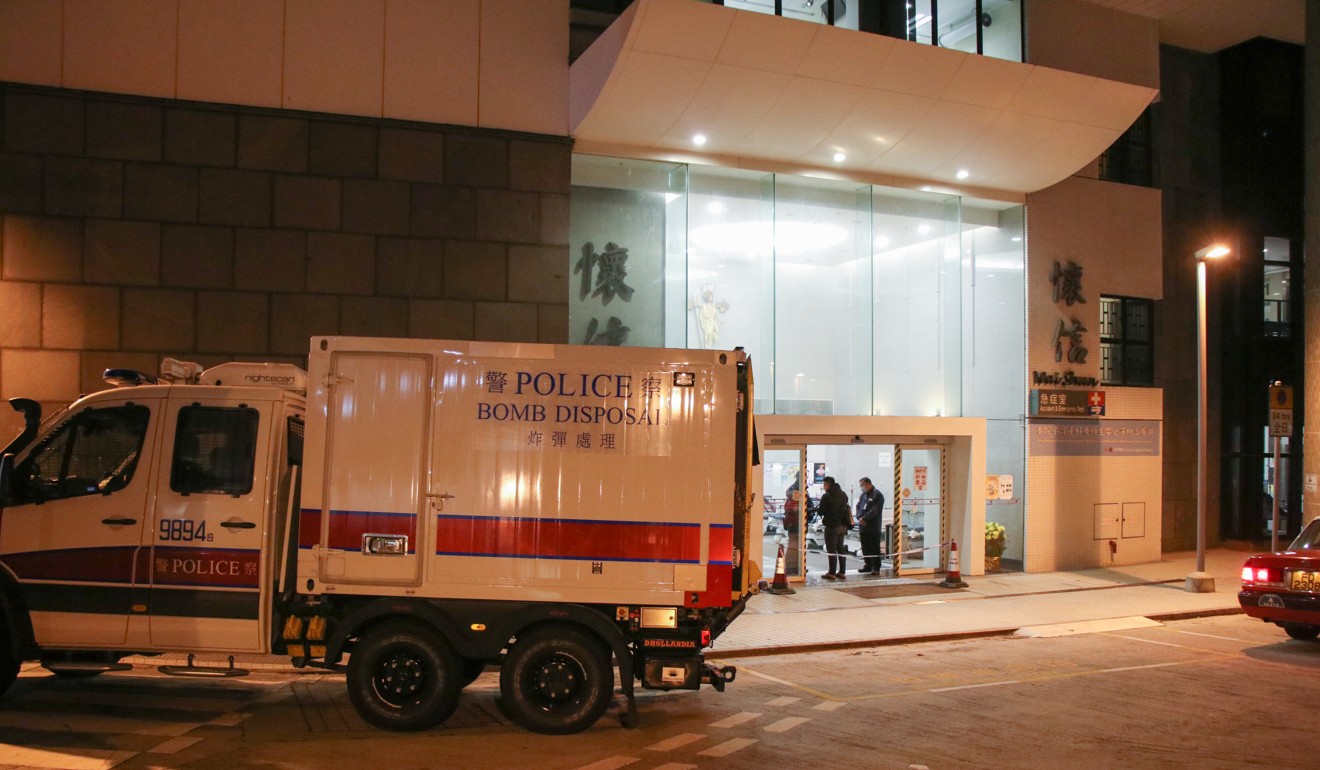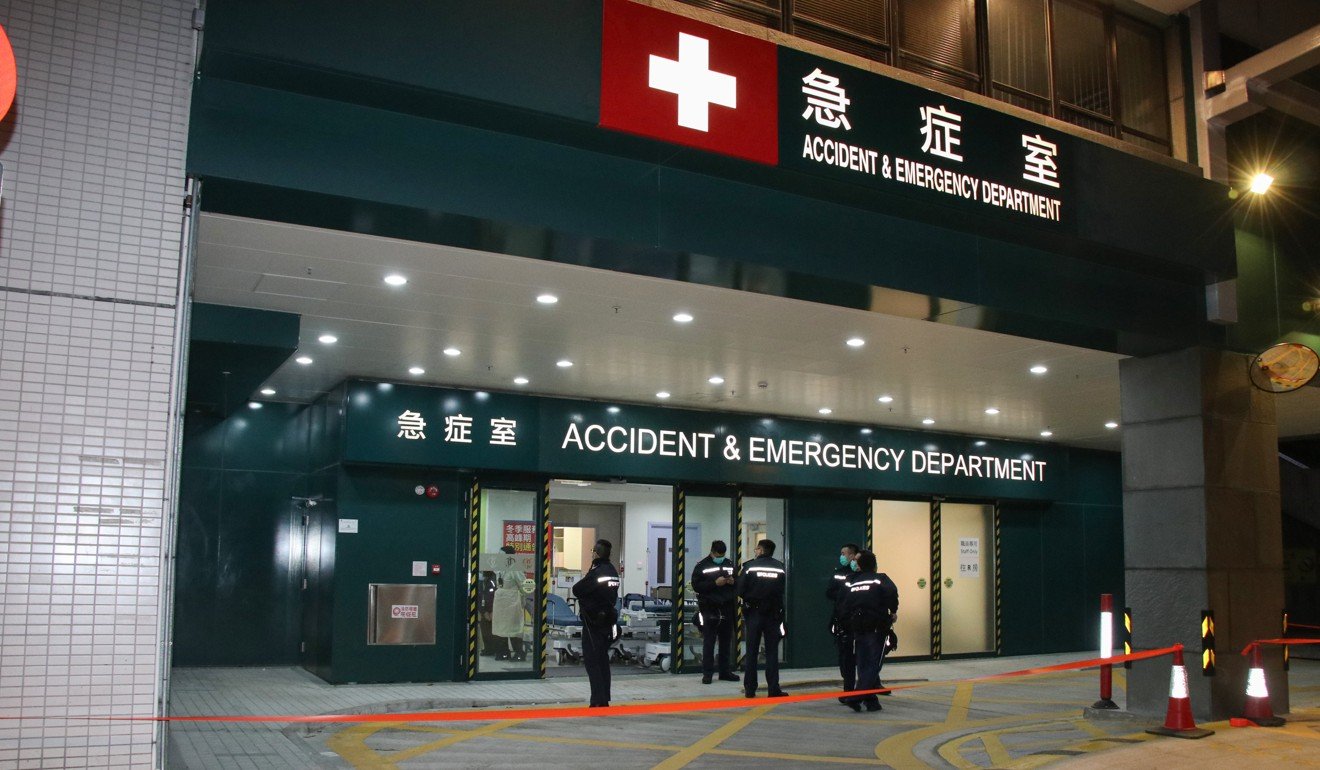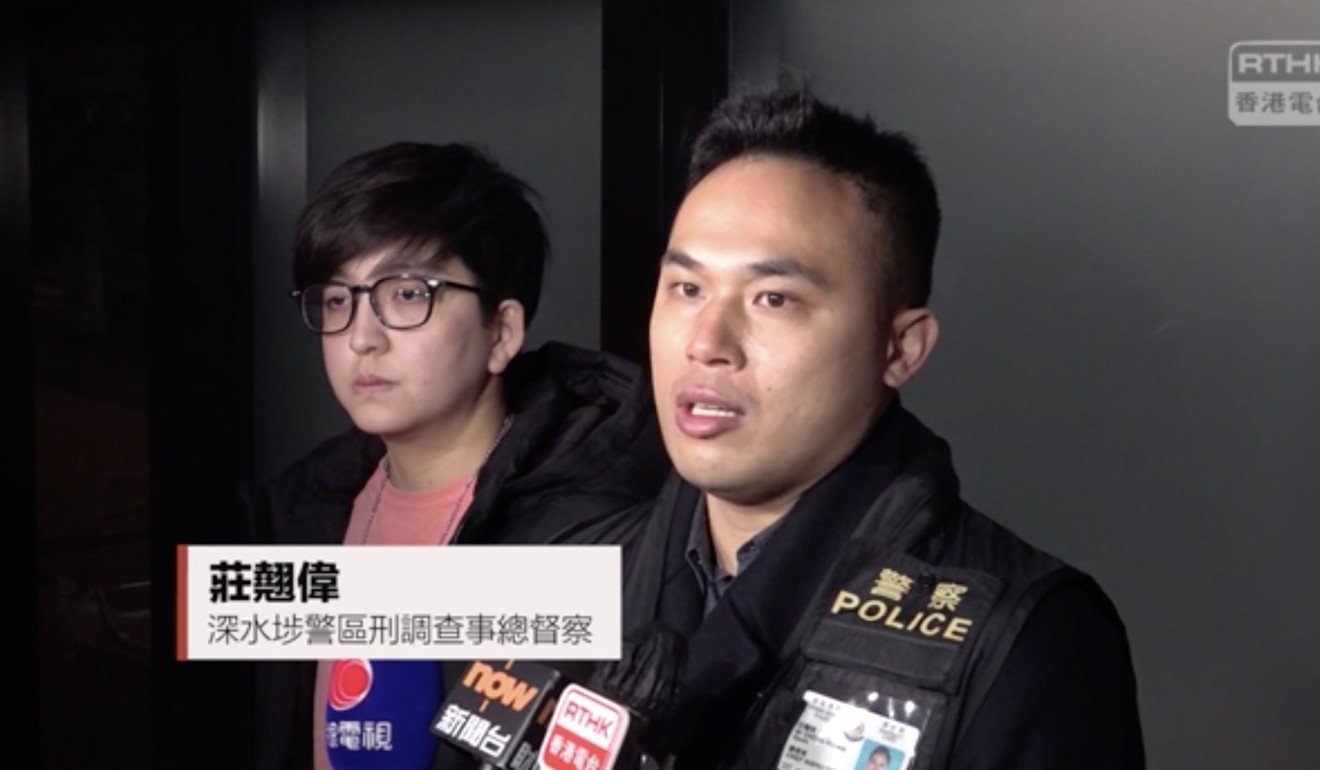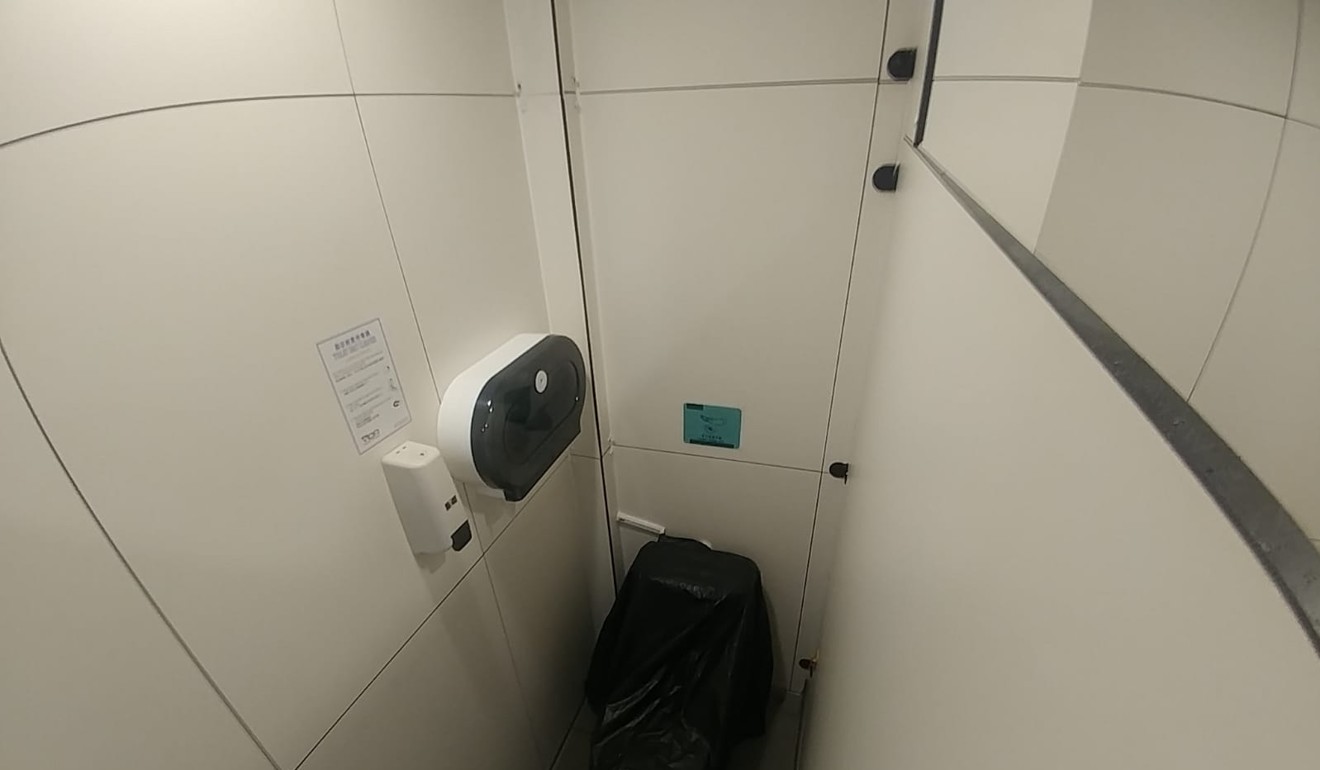Above Photo: The explosion at Caritas Medical Centre damaged toilet facilities on Monday. Photo: SCMP
This new escalation of violence by the Hong Kong protests, bombing hospitals in response to the virus outbreak, and threatening more violence if hospital workers do not go on strike. This is a senseless mode of protest which is likely to result in protesters becoming unpopular and likely arrests. As often happens with violence in protests, the message becomes lost in the violence.
While this is occurring, China is getting high marks from the World Health Organization for their response to the virus: “The head of the World Health Organisation said the UN health agency was advising against the withdrawal of foreign nationals from the central Chinese city of Wuhan – the epicentre of the coronavirus outbreak that has killed 106 people.
“In Beijing for meetings with Chinese officials, WHO director general Tedros Adhanom Ghebreyesus said the agency had full confidence in the preventive measures China had adopted to curb the spread of the illness, state news agency Xinhua reported.”
Further, China is cooperating with global health authorities: “Chinese Foreign Minister Wang Yi said China would continue to cooperate with the WHO and the international community with “transparency”.
KZ
Police suspect hospital bomb linked to Hong Kong protests, as Telegram message warns of ‘more to come’ and demands border closure amid Wuhan virus crisis
- Caritas Medical Centre patients evacuated as accident and emergency services reduced in aftermath of explosion, but no injuries recorded
- Online message following incident calls for strike, closing of city’s borders with mainland to stop Wuhan virus outbreak
Hong Kong police are investigating whether a bomb explosion at a public hospital on Monday is linked to anti-government protest violence, according to sources, suspecting the home-made device may have been detonated to pressure the government into closing the city’s borders with mainland China in response to the deadly new coronavirus outbreak in Wuhan.
The incident occurred after a warning two weeks ago by Secretary for Security John Lee Ka-chiu, who said there were “high risks of home-made bombs”, following similar cases police have uncovered in recent months.
In the latest case, nobody was injured when the device went off in a men’s toilet cubicle at Caritas Medical Centre in Cheung Sha Wan at about 2.30am, a spokesman for the public hospital in Kowloon said.

“Staff at the accident and emergency department heard loud bangs in a public toilet, and found that there was an explosion in one of the compartments,” the spokesman added.
“Police officers at the centre were then informed about it, and we will assist police in their investigation. We condemn the deliberate act which caused damage at the centre, and threatened patients’ safety.”
The spokesman added the A&E department could only maintain limited services in the aftermath of the explosion. About 20 patients were evacuated from the department. Services returned to normal later in the morning.
We condemn the deliberate act which caused damage at the centre, and threatened patients’ safetyCaritas Medical Centre
Hong Kong has been roiled by more than seven months of civil unrest, sparked by the now-withdrawn extradition bill. The campaign has morphed into a wider anti-government movement, fuelled by anti-mainland sentiment. Amid the Wuhan virus crisis, protesters have used it as justification to stem the influx of mainlanders into the city.
“We will act on our word. Go on strike immediately if you don’t want to die. We will take more actions to call for the closing of borders,” the Telegram message read, seemingly addressed to hospital workers.
A senior police source said officers believed the attack was aimed at the medical sector and the government, adding that the bomb came with a timer.
“The act is cruel and heartless. The culprit dropped off the bomb and activated it. If someone was in the cubicle when the bomb detonated, he would definitely be hurt,” the source said.
“As the culprit cannot predict who would use the toilet in the hospital, we believe the attack did not target police, like in previous bomb cases. It could be linked to the recent coronavirus outbreak as the message suggested. We will look into the post.”
Detectives and officers from the bomb disposal unit conducted a preliminary probe at the scene.

Chief Inspector Kevin Chong Kiu-wai, of Sham Shui Po district’s criminal investigation division, said: “After the explosion, there was a lot of white smoke, and a small fire. Police officers found at the scene a broken glass bottle of about 10cm in width and 15cm tall, with batteries, and electrical circuits in it. “Part of the toilet was damaged, but the bomb was not very powerful.”
No one has been arrested.
Another police source with knowledge of the investigation said about 500 grams of explosives were used, but laboratory tests were needed to confirm the substances. He said the force had contacted the hospital to request surveillance footage of suspects.
“We do not rule out the possibility that the case is linked to the protests, and we will investigate if the explosives and the device are similar to those in previous cases,” the source said.
“Officers have scrutinised images captured by one camera and are still waiting for more clips from the hospital. We hope these can give us clues to identify suspects.”

This is not the first time a home-made bomb has been detonated in a public place in recent months.
On October 13, there was an explosion in a pavement flower pot at an intersection in Mong Kok, when police officers were clearing roadblocks set up earlier by anti-government protesters. No one was hurt.


Superintendent Suryanto Chin-chiu, of the explosive ordnance disposal bureau, later said radicals detonated the device remotely with the intent of killing and maiming police officers.
that have rocked the city since June.

In December, police foiled two bomb plots in under a week related to the protests. Officers first arrested three men for allegedly testing home-made explosive devices and chemicals in a secluded area in Tuen Mun.
A few days later, police seized two powerful home-made bombs, each packed with 5kg (11lb) of high-grade explosives along with shrapnel in the form of nails, at Wah Yan College Hong Kong in Wan Chai.


Earlier this month, bomb disposal officers defused a pipe bomb in a subdivided flat in Mong Kok, and arrested three men in connection with the case.
In a series of raids that followed, police arrested at least seven more men and uncovered about 100 grams of high explosives buried in farmland outside a village house in northern Hong Kong.


